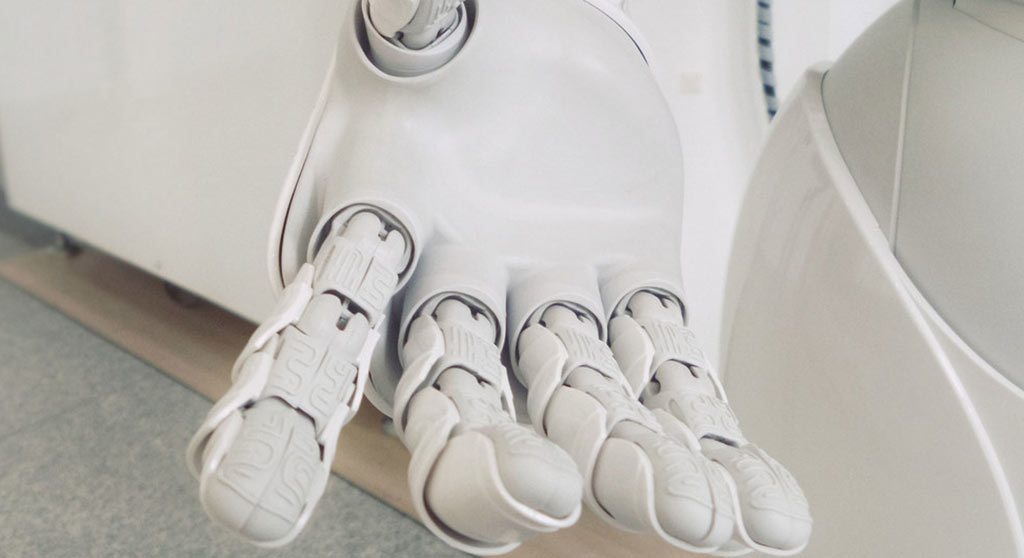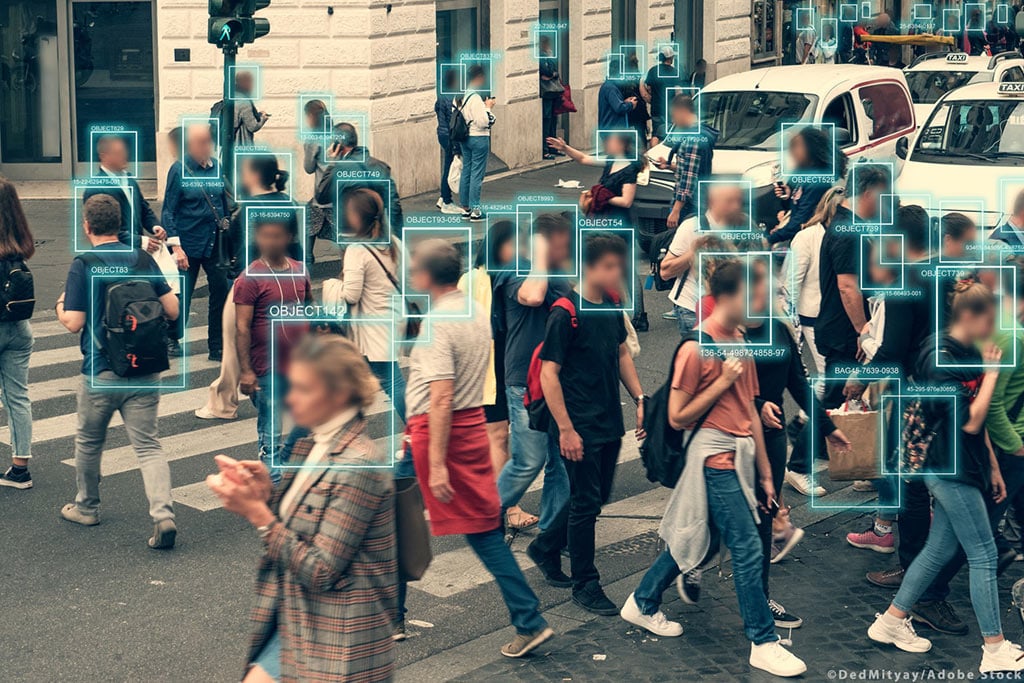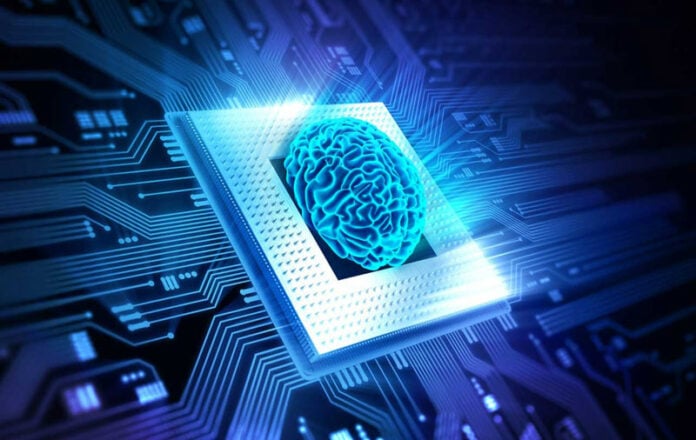The UN Educational, Scientific and Cultural Organization (UNESCO) published a blog post last week, indicating that all members have signed up to a code for the healthy development of AI systems.
In the tech world we often eagerly welcome new developments without thinking of possible undesirable side effects, but there will always be unsavoury entities looking for new ways to scam, cheat, or worse – using any breaking technologies that become available. AI holds great potential for advancing humanity, but could also easily be purposed to hold us back or skew development.

It is good news that all 193 member states of UNESCO have signed up to adopt the first-ever global agreement on the Ethics of Artificial Intelligence. An outcome document is provided by UNESCO, with the full text describing its aims and objectives, values and principles, suggested areas of policy action, and schedules of monitoring and evaluation.
AI positives – from supercomputers to Samsung Galaxy
Positive potential uses of AI are already quite well-known to tech watchers. It is thought that AI systems will be able to make more sense and offer up answers to very important problems we are facing in the current decade – like vaccine development, preserving scarce resources, and effective measures to tackle climate change.
For an example closer to the PC-tech industry, GPU designer Nvidia is always highlighting the benefits of AI, as it sells dedicated hardware for AI processing. Beyond scientific, medical and industry applications, AI can improve gaming, too – with benefits to both story/NPC development, and in graphical refinements and optimisations like DLSS.
Moving down the tech ladder, it is hard to read about new smartphones without noticing boasts of ML/AI-powered techniques for customising your phone UI experience, powering smart assistants, and enhancing photography.

AI negatives under scrutiny
Potential downsides of AI solutions are already becoming very apparent, though. UNESCO sates that “We see increased gender and ethnic bias, significant threats to privacy, dignity and agency, dangers of mass surveillance, and increased use of unreliable Artificial Intelligence technologies in law enforcement, to name a few.” Thus, it hopes the new global agreement, allowing states to implement AI ethics at their own discretion, but with monitoring of progress and practices in place, should help turn the tide on unwanted AI tendrils spreading through the average citizen’s life.
A highly apparent weakness in the new agreement, to us at Club386, is the way states will “mark their own homework,” but setting these standards is probably still a worthwhile first step to make.

